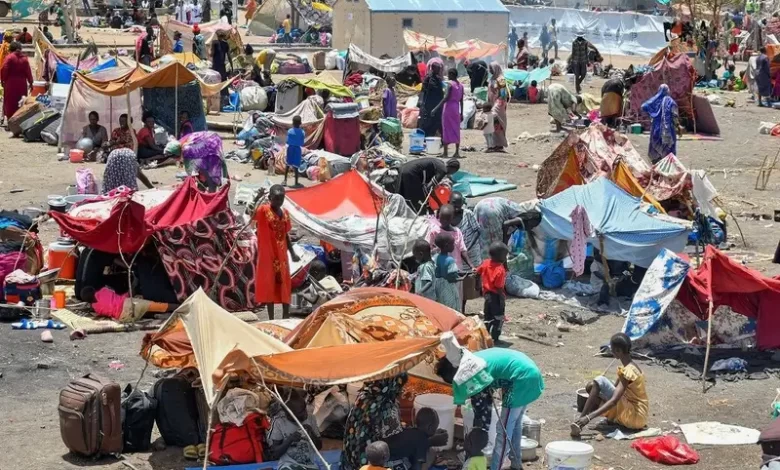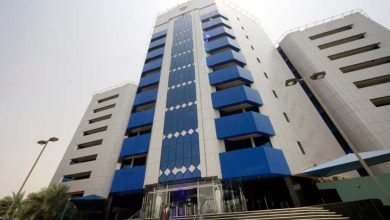IDPs’ Living Conditions Deteriorating

Report by Rehab Abdullah
It has become common, and painful, to follow on daily basis in the social media requests by civilians seeking help and asking for very simple financial assistance, enough to provide one meal for a small family, due to the deteriorating economic conditions of most of the IDPs victims of the war between the Sudanese army and the Rapid Support Militia (RSF) which broke in April 15, 2023, where economic and livelihood crisis became severe, affecting Sudanese people.
This situation is now having devastating impacts on community struggling with high prices, scarcity of basic commodities in the markets, a challenge faced in all regions of the country.
Poverty and Hunger
The features of poverty, hunger and unemployment began to push millions of Sudanese to search for a living, expecting the worst of things, deteriorating conditions, with people unable to secure the basic needs for their families, receiving no support or relief from any party. Names have been registered for months now, but nothing has materialized even within the safer cities.
Randa Mohammed Khair said that the continued displacement of Sudanese in the states with the shortage of supplies directly affected the states’ stocks, causing many merchants to double the prices and this has direct impact on the residents of the states. She confirmed that she was no longer able to buy the necessary commodities, noting that she had spent all her savings of money and a little gold.
The matter is not limited to Randa, because a large segments of the civilian populations have entered below the poverty line, and the search for a living has become a prominent feature, as families were unable to provide a basic meal for their children, causing spread of malnutrition diseases. The severity of incurable and chronic diseases has also increased for many due to the lack of medicines and hospitals and the difficulty of reach operating hospitals in other towns or areas which require money to cover transportation let alone the medical treatments.
Deteriorating living conditions
Speaking to (Sudan Events), social and economic researcher Adam Mukhtar believes that the poor living and service conditions in Sudan is a natural result of the war between the army and the RSF in light of the fragility of the infrastructure and the misuse of funds, all of which were concentrated in Khartoum.
He added that if the war continues for another month, a real famine will strike the country, because the real production areas have stopped working, and even what is imported cannot reach people in the states affected by the war in the center and west due insecurity and the high fees imposed on the public road.
Experts and specialists say that living and health conditions have become extremely difficult throughout Sudan due to the difficulty of delivering even medicines and medical supplies to safer areas, a shortage in production, the siege imposed on Khartoum and Medani, the stoppage of factories and companies operation and the continuation of displacement.
United Nations reports say that 46.5 percent of Sudan’s population lives below the poverty line, while a government study conducted in 2017 says that poverty has declined to 36.1 percent. Meanwhile, economic experts believe that the poverty rate in Sudan reaches 80 percent, according to the economic reality that the country is experiencing.
Increasing numbers of displaced people
The number of displaced people in Sudan rose by about 611,000 people over the past month, mainly due to conflict-induced displacement from parts of Gezira State and other states.
The expansion of fighting into central and eastern Sudan, the most important crop-producing areas, led to a significant increase in humanitarian needs during the harvest, according to the “Famine Early Warning System Network”. Insecurity, looting, bureaucratic impediments, poor network and telephone connectivity, cash shortages, and limited technical and humanitarian staff have affected the delivery of humanitarian aid in many parts of the country.



